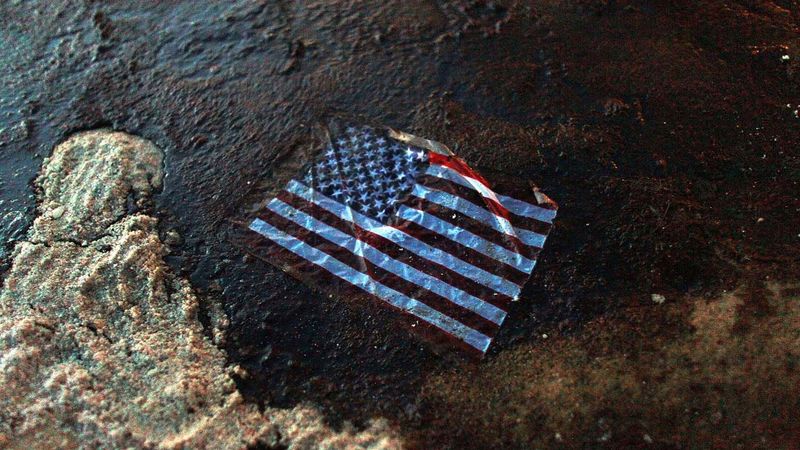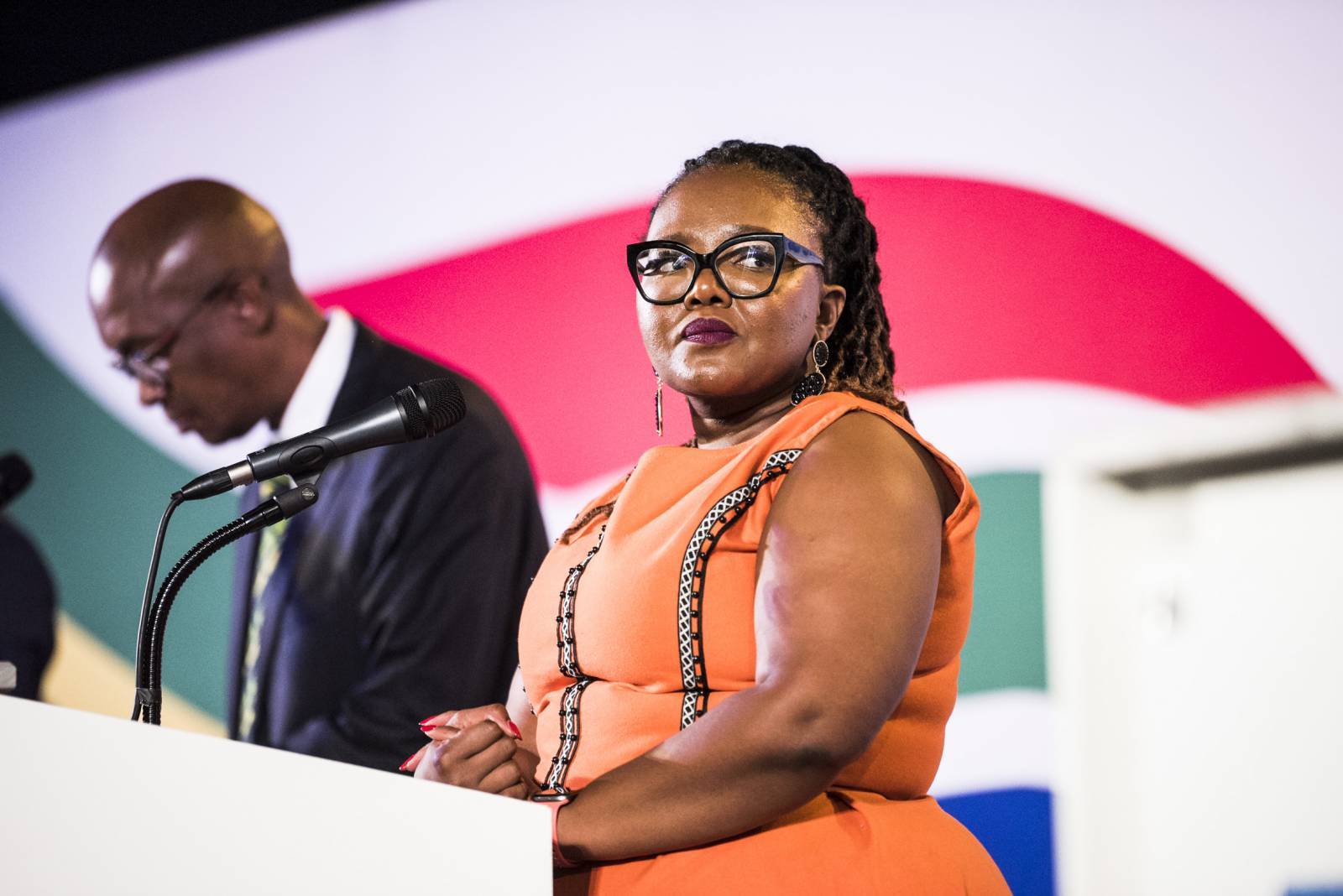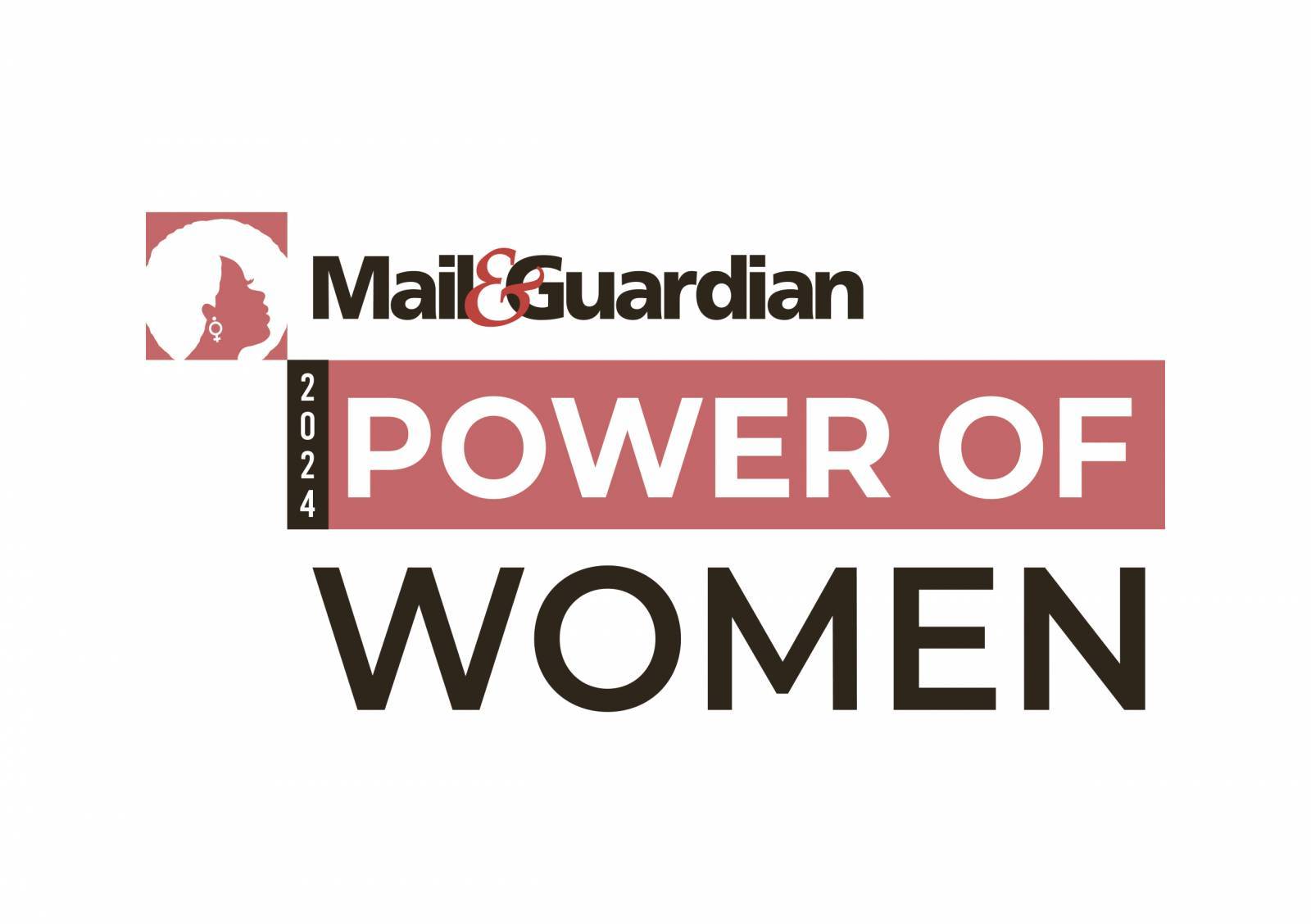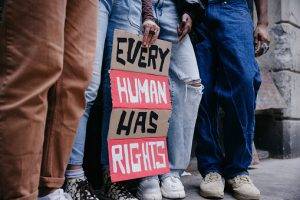
In 1992, American political philosopher Francis Fukuyama expanded on his similarly titled article of 1989 in a book The End of History and the Last Man. According to Fukuyama, the end of history was reached upon the termination of the Cold War in 1991 and the subsequent dismantling of the Soviet Union. The two momentous linked events were supposed to have ended the ideological evolution of humankind with Western liberal democracy emerging as the undisputed winner, destined to be universally embraced.
Fukuyama did not suggest the US model of social or political organisation be emulated. In fact, he thought the European Union reflected more accurately his imaginary new world than the United States. The European Union’s attempts to transcend sovereignty and eschew traditional power politics by establishing a transnational rule of law was much closer to the idea of a “post-historical” world than the Americans’ continuing religiosity, their belief in their nation’s greatness and in the might of their military.
Yet in the minds of the people, the US was the symbol of liberty, the dream country ready to receive the tired, the poor, the homeless, “the huddled masses yearning to breathe free”, as Emma Lazarus so poetically put it.
Millions held this idealised view of the US, including this writer, whose seemingly unattainable dream could only be fantasised about from behind the Iron Curtain. That dream was the America that was free and boasted the “government of the people, by the people, for the people”, as Abraham Lincoln envisaged in his famous Gettysburg Address of November 1863.
Poor old Abe must be turning over in his grave now as the government of “the oligarchy, by the oligarchy, for the oligarchy” has taken hold of his beloved land, with the ruling unholy trinity reportedly richer than the bottom half of the American population. The “huddled masses” are now being deported and discouraged from coming and finding shelter from poverty or dictators.
The invitation for Afrikaners to seek asylum in the US to escape the purported “oppressive” South African government is an exception based on fake news and intended to stir racial hatred in a country that could teach the US a thing or two about democracy.
The global effect of this drastic reversal of geopolitical relations since World War II has heads of democratic states — and not just in Europe — trying to figure out the best approach. Appease the bully? Or face him down? Either way, the former French president, François Hollande, had a point when he remarked that the Trump administration “is no longer our ally but is consorting with our adversaries”. Meanwhile, dictators are rubbing their hands in glee, presumably no one more so than Russia’s Vladimir Putin.
Much has already been written about the implications of dramatic change and what the future might hold. No one has a crystal ball to tell us what to expect and so the speculations ran from the possibility of World War III starting soon to the establishment of a multilateral world in which peaceful human coexistence could be reimagined.
As a social scientist and student of democracy, I do not engage in predictions but assess events as they unfold, try to check facts — a task increasingly daunting thanks to fake news — and look at the available data. This leads me to a few preliminary observations on the effect of the second Trump presidency on the US and the rest of the world.
First, during his first term in office Trump did not control the Republican Party and governed with a team of established Republican leaders who were still committed to democratic rules of the game. This time round, Trump has surrounded himself with loyalists and he dominates a political party which, having been purged of opponents, approves of his authoritarian behaviour.
Second, the popular impression among Americans that established checks and balances would stand guard against executive abuse of power are proving mostly illusory, with experts warning that urgent reforms are needed to strengthen congressional oversight, depoliticise judicial appointments, and clarify limits on executive authority. The urgency of such reforms cannot be exaggerated.
One case among many has been the failure, despite a court order, to reinstate employees in six federal agencies who were fired during the purges orchestrated by the department of government efficiency (Doge) run by Elon Musk.
Two aspects are particularly troubling here. First, Doge was not established by an act of Congress but by one of Trump’s presidential orders and, as such, is not an official government department. Second, non-compliance with a court order — the ultimate arbiter of the law — could create a constitutional crisis.
Third, the essential pillars of democracy — free and independent media — have come under threat. Press freedom is showing signs of decline under overt political attacks and sometimes even physical threats. Assaults on reporters are combined with exerting economic pressures on media owners, which leads to closures of some major outlets thus undermining the quality and diversity of public information.
Into the void move social media and the dissemination of false narratives that distort public opinion and deepen the already vast political divisions of the American public.
Taking over the “press pool” is another clear example of an autocratic interference with the media. This happened despite strenuous objections by newsroom leaders, journalists and press freedom groups. Historically the “press pool” comprised the White House Correspondents’ Association that was representative of the wider press corps. Now the administration chooses who is in the pool to ensure that only compliant journalists who will not ask awkward questions are in it.
Fourth, progressive educational institutions that prohibit discrimination based on race, ethnicity and gender — the hallmark of democratic equality — are now considered to be centres of opposition activism associated with support for diversity, equity and inclusion (DEI).
They are also a target of deployment of restrictive rules. Leading US universities such as Colombia are under threat of having their federal funding cut unless they institute wide-ranging governance changes. Meanwhile the research-intensive Johns Hopkins University was forced to lay off thousands of staff after the shattering of its major sponsor, USAid, whose funds have been cut by more than 80%.
The damage done to international humanitarian and health programmes supported by USAid is incalculable.
Globally, the alliance of democracies established in the wake of World War II has broken down. The imposition of tariffs and the pushback by target countries is playing havoc with the economy. There is no clarity on what normative codes should regulate international relations. And that’s just the tip of the iceberg.
But, as the Chinese proverb has it, a crisis is an opportunity riding the dangerous wind. So, as the unipolar world is now well and truly buried, new and more just Global South alliances have a chance to emerge. A multilateral world that bridges all divisions seems the only way to address various global threats.
Professor Ursula van Beek is the director of the Centre for Research on Democracy at Stellenbosch University.





